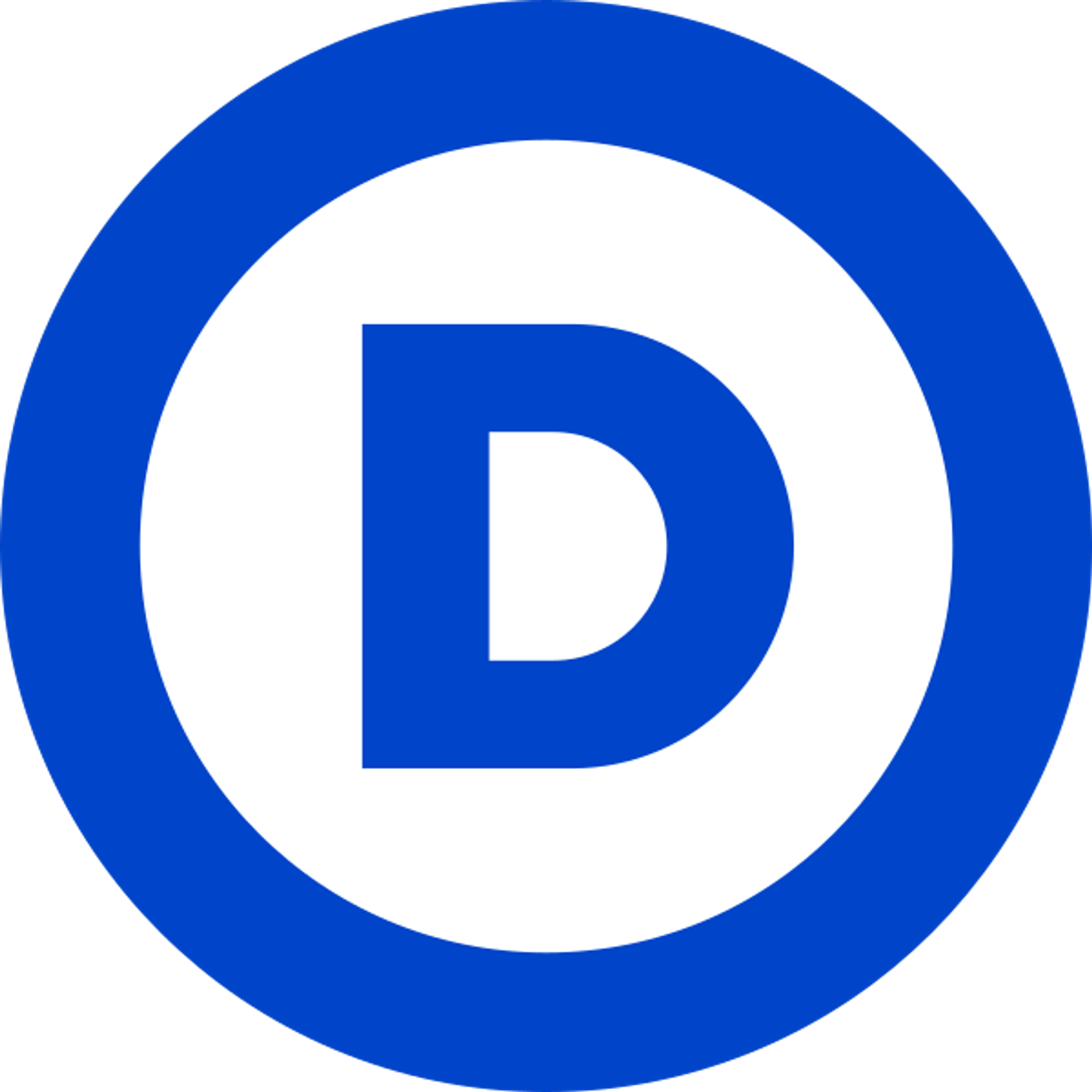
Hezbollah
What do people say about Hezbollah?
In the United States, Hezbollah is largely perceived as a dangerous entity, primarily due to its designation as a terrorist organization. The group's military wing, the Jihad Council, and its involvement in regional conflicts contribute to this negative image. Its political activities in Lebanon are often overshadowed by its violent actions, which are condemned by U.S. officials and media alike. This perception is further aggravated by Hezbollah's ties to Iran and its role in regional instability, leading to a prevalent narrative of fear and hostility towards the organization.
Where are the conversations happening?
The analysis of media sources, including major news outlets like CNN and Fox News, reveals a consistent framing of Hezbollah as a terrorist group. Critical discussions often center around its military actions in Lebanon and abroad, particularly in relation to U.S. foreign policy. There is little to no positive coverage or acknowledgment of Hezbollah's political role in Lebanon, which contrasts sharply with its portrayal in some other contexts. As a result, the U.S. media landscape generally reinforces a fear-based narrative surrounding Hezbollah.
What are the topics trending around Hezbollah?
Discussions regarding Hezbollah often intersect with topics such as U.S. foreign policy in the Middle East, terrorism, and Iranian influence in the region.
Why are these topics trending?
These topics are trending due to ongoing geopolitical developments and the U.S. government's focus on countering terrorism, which includes monitoring groups like Hezbollah and their activities.
How is Hezbollah being talked about?
Detailed breakdown of public sentiment and conversations about this entity.
Impact vs Sentiment
See how each entity's high impact percentage relates to their positive sentiment percentage from actual mentions.





